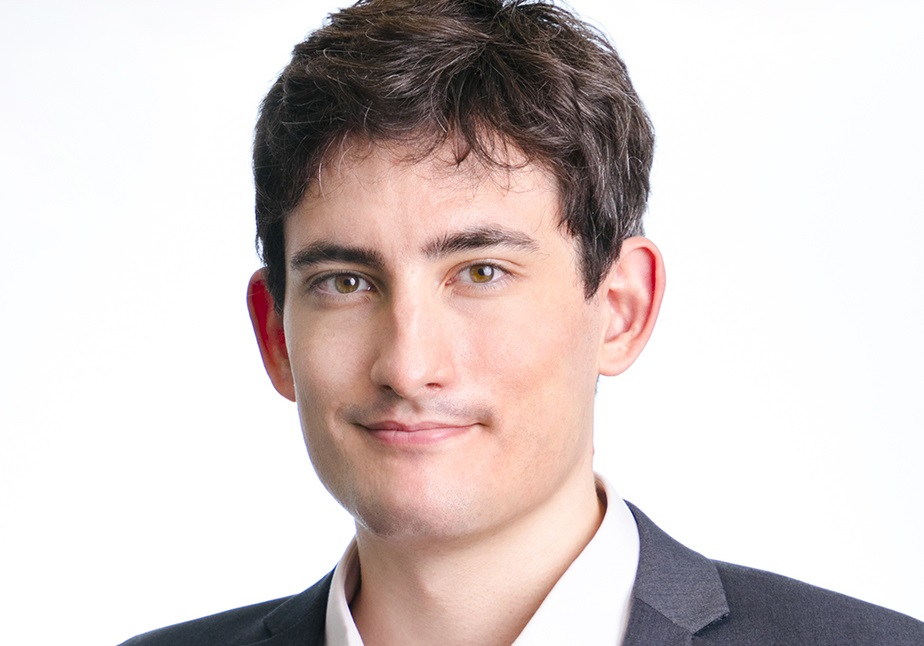Interview with Arnaud Cudennec, HEC PhD 2020, Strategy and Business Policy
Read why Arnaud Cudennec decided to pursue a PhD and why he decided to join the PhD program at HEC Paris

Can you talk about your actual position and your academic background?
I have defended my PhD dissertation at HEC in June 2020. Three weeks after, I landed in Hong Kong to start my academic career as Assistant Professor in Management at The Hong Kong Polytechnic University. Without the HEC PhD, it would have been harder to get exposure to high-level international research and to eventually get a position in such a research-intensive university.
My academic background lies in-between education systems and disciplines. I’ve studied economics and management in the “Prépa - Grande Ecole” system and sociology and philosophy in the French public university system. Attending the HEC PhD program was a completely different experience: it was like studying in a top US university in Jouy-en-Josas. During my doctoral studies, I got the chance to spend some time as visiting scholar at Northwestern University in Chicago, so I can compare!
Why did you pursue a PhD and why at HEC Paris?
Like many business school students coming from “prépa”, I was still very curious about humanities and social sciences. Despite the variety of courses that Grande Ecole education offers, I wanted to dig deeper in every topic. One day, while I was a first-year student at EM Lyon, I attended a conference given by a faculty professor. I felt truly inspired. I went to him after the talk and asked him: “What did you do to become a researcher?” and he replied: “Oh, I’ve just followed a typical path: research master, PhD, post-doc, assistant professor”. I understood none of these words, but I knew where to explore. While I was a master’s student at EM Lyon, I enrolled in a Research Master at the University of Lyon-3. I was also doing an internship in the research office of McKinsey in Paris. I felt happier doing research than working in the consulting sector. Then I decided to apply for a PhD to become a professor.
At HEC PhD we work hand-in-hand with faculty members who gradually consider us as peers.
Why HEC? For personal reasons I wanted to do my PhD in France. HEC was really attractive for several reasons beyond its overall prestige. First, the PhD program recruits small cohorts of students each year, which encourages emulation, moral support and friendship. We also work hand-in-hand with faculty members who gradually consider us as peers. Second, beyond the dissertation, the program offers an intensive pluri-disciplinary training in theory and methods. Last but not least, HEC secures a full scholarship for all the doctoral students for five years. I could focus on my research without worrying about paying my rent – as this is unfortunately the case for many “thésards” in the French public university.
What was the topic of your dissertation?
When defining my area of research, I felt very inspired by Pr. Rodolphe Durand who became my supervisor. Broadly speaking, I like to take a sociological perspective when analyzing firms’ behaviors. My dissertation builds on a simple problem: can firms conform to established social categories or can they deviate from them? If so, how does it affect their valuation in markets and under which conditions? To address these questions, I conducted quantitative analyses using experiments as well as large-scale data in venture capital investments. An implication of my work is to better understand to conditions under which innovation is accepted in markets.
Do you have some advice to someone who considers pursuing a PhD?
Pursuing a PhD is a hard decision to make. Potential candidates are often afraid about time (is it worthwhile to study for an additional 5 years?), working conditions (will I be able to live in Paris with a doctoral stipend?), or passion (will I be interested enough to pursue a research question for so long?). All these questions are more than legitimate. All I can say is that looking back I can answer “yes” to each of them.
I think it helps to be motivated by a career plan, be it in academia or elsewhere. In my case, I wanted to become a professor and obtaining a doctoral degree is simply a necessary step. Still, some people might be unhappy doing a PhD simply because, at the end, this is a matter of personality fit. I guess there are some revealing indicators: Do you feel bored in your current study path or job and want to change it? Do you like explaining stuff? Do you like observing and analyzing? Do you often say “why”? If you check all these boxes, then you might want to consider applying to a PhD program.
Learn more about the program in Strategy and Business Policy here